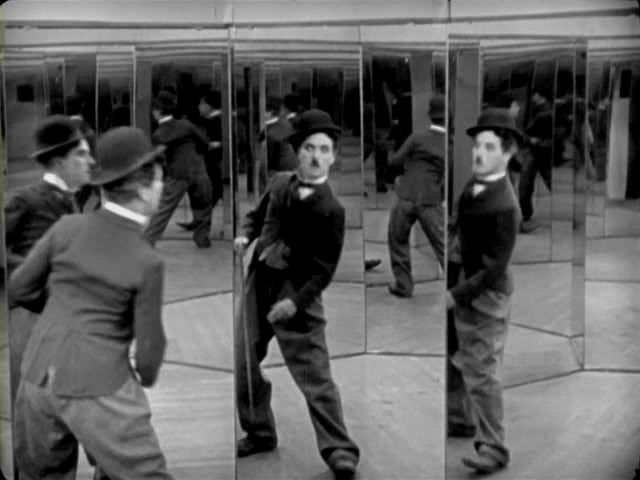He also told this parable to some who trusted in themselves that they were righteous and despised others:
“Two men went up into the temple to pray, one a Pharisee and the other a tax collector. The Pharisee stood and prayed thus with himself, ‘God, I thank thee that I am not like other men, extortioners, unjust, adulterers, or even like this tax collector. I fast twice a week, I give tithes of all that I get.’ But the tax collector, standing far off, would not even lift up his eyes to heaven, but beat his breast, saying, ‘God, be merciful to me a sinner!’ I tell you, this man went down to his house justified rather than the other; for every one who exalts himself will be humbled, but he who humbles himself will be exalted.”
This parable is a trap. A wonderfully constructed, well-laid trap.
Because the first temptation is to think, “God, I thank thee that I am not like the Pharisee,” but then we’re revealed as self-righteous. And as soon as we feel good about NOT saying “I thank thee that I am not like the Pharisee” then again, we’re self-righteous. Clearly the parable points towards the tax collector, but like a person baffled by a hall of mirrors, we see the tax collector but cannot reach him. We’re trapped by endless reflections of the self. How can we find our way out? How can we escape?
I think the answer is to look only at our relationship to God. That’s the real difference between the Pharisee who compares himself to others and the tax collector who cries, “Be merciful to me!” We get distracted when we look at others to see ourselves. Only in God’s light will we see the truth of our sins and know ourselves even as are known.


